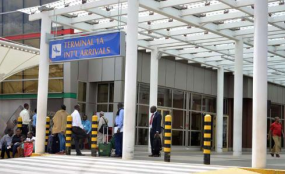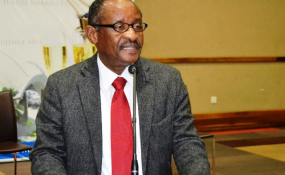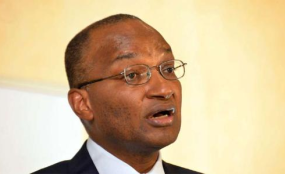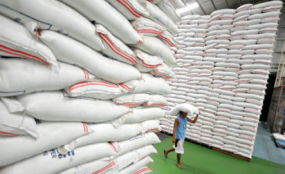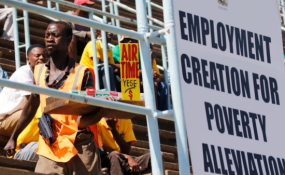By Kennedy Kimanthi
A new 4.8-kilometre runway that can handle larger aircraft is set to be built at the Jomo Kenyatta International Airport.
The runway, which will be 75 metres wide, is significantly better than the current one that is 4.2 kilometres long and 60 metres wide.
Once the work is complete, the new runway will be able to handle the new generation extra-wide-bodied aeroplanes such as the Airbus A380 and Boeing B747-800.
Construction is scheduled to begin in June next year, after the African Development Bank (AfDB) approves a loan of Sh19 billion for the Sh37 billion project.
AfDB director-general for East Africa Gabriel Negatu said the loan will be approved towards the end of 2017.
Besides providing financial support for the runway, the bank is also responsible for the design of the path.
MEET SPECIFICATIONS
According to Kenya Airports Authority (KAA) chief executive officer Jonny Andersen, the technology of the proposed facility will meet the International Civil Aviation Organisation’s category II specifications
“The project will reduce mishaps on the path as it will nearly double the aircraft movement, from 25 to 45 aeroplanes per hour. Moreover, the technology will also enable operations in bad weather, thus avoiding diversion of aircraft,” he said.
According to KAA statistics, the number of passengers this year dropped by six per cent to 530,000 from 560,000 in the same period last year.
The volume of cargo handled at the airport went down by two per cent to 20.3 million tonnes from 20.7 million tonnes in March last year.
Aircraft movement declined by 0.4 per cent to 9,196 in March compared with 9,232 in the corresponding period in 2016.

